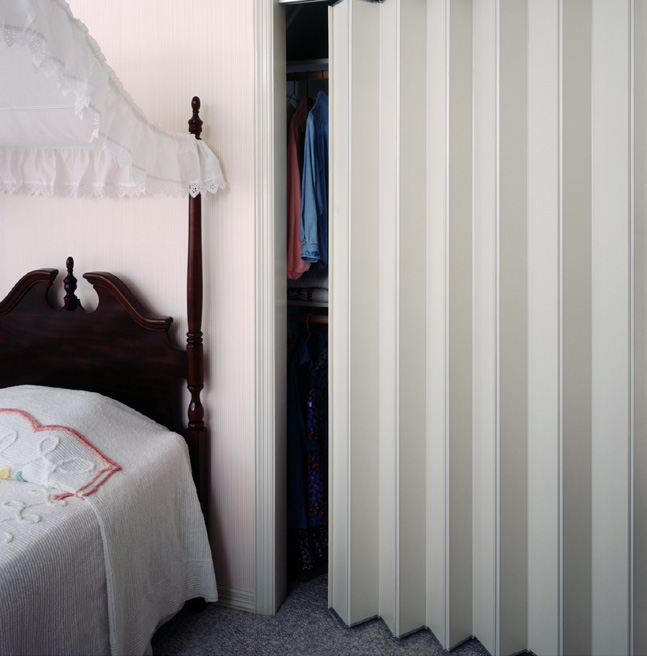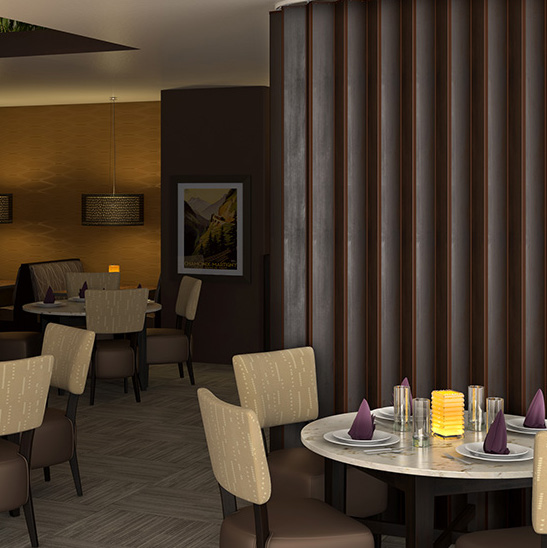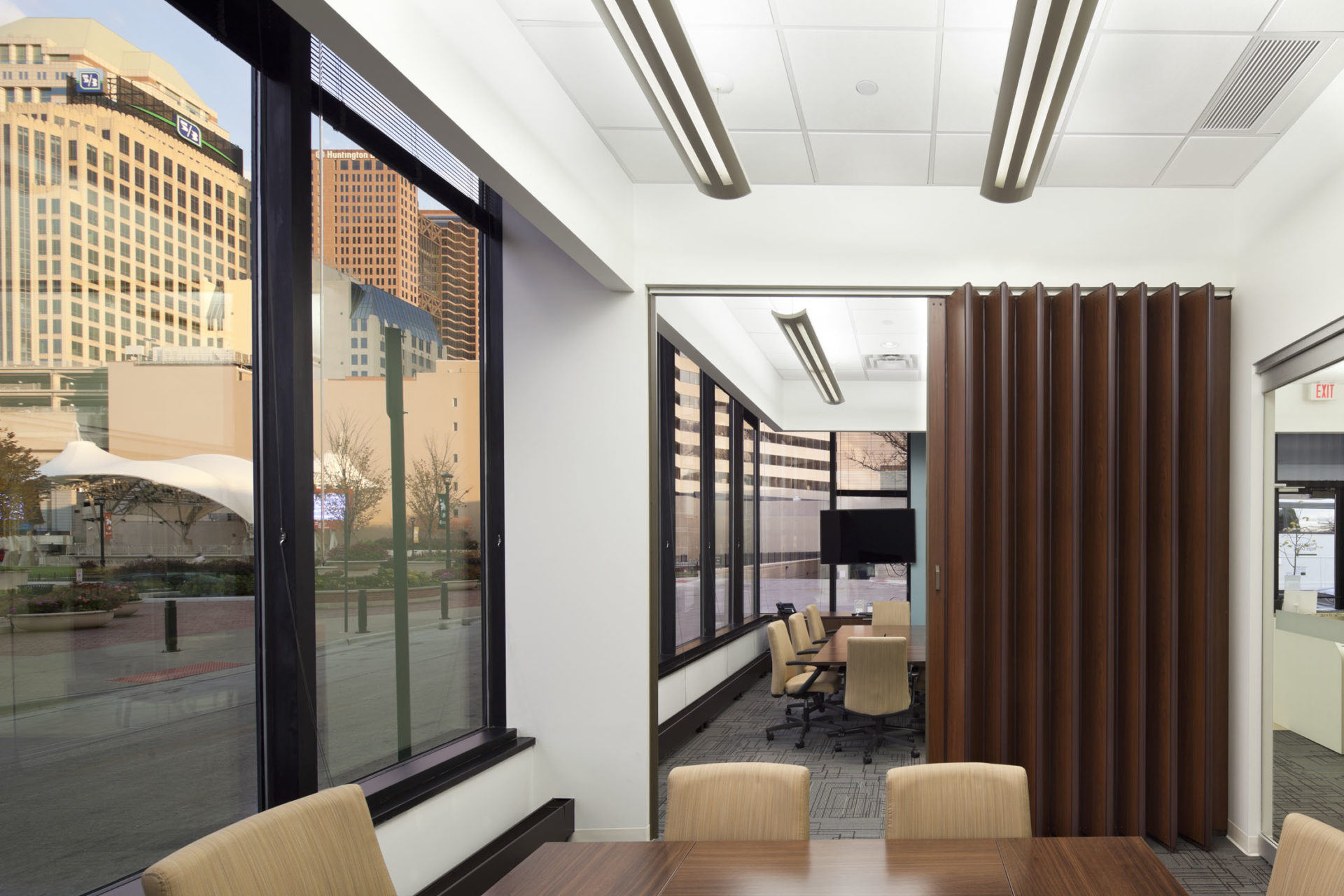Accordion Doors Interior
3. Accordion Doors Interior
Accordion Doors Interior is a new trend in home design. It is a type of door that can be folded up and down to provide more space or privacy. Accordion doors are usually made of wood, vinyl, or wood-like material for the exterior and interior.
The doors are usually installed in closets and can be used as an alternative to traditional sliding doors. They also act as an alternative to a fixed-panel door when there is not enough space for one.
Interior accordion doors are a great way to add a unique touch to your home. They can be used in closets or as room dividers. They come in many different styles and materials so you can find one that fits your needs perfectly.
Interior accordion doors are also used in various commercial applications. They are perfect for offices, hallways, hotel conference rooms, schools, storage closets, and even the interior of museums.


